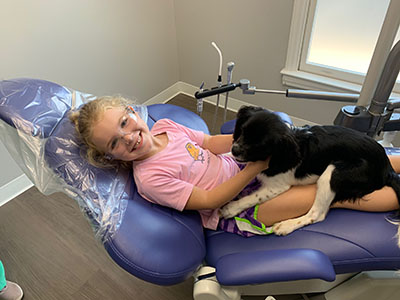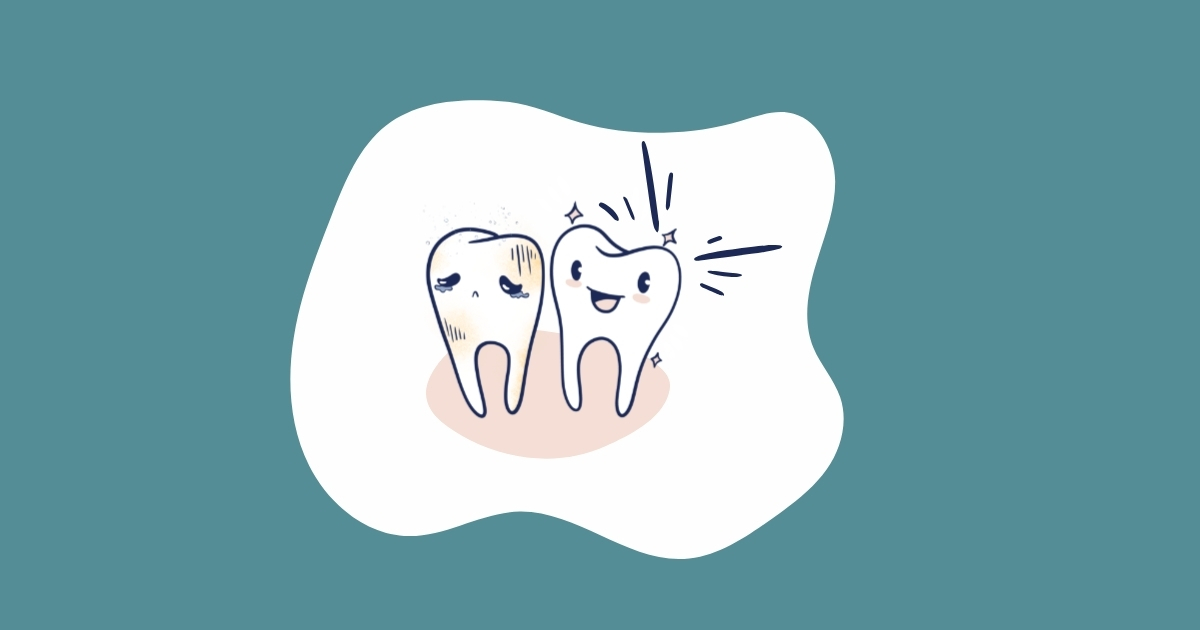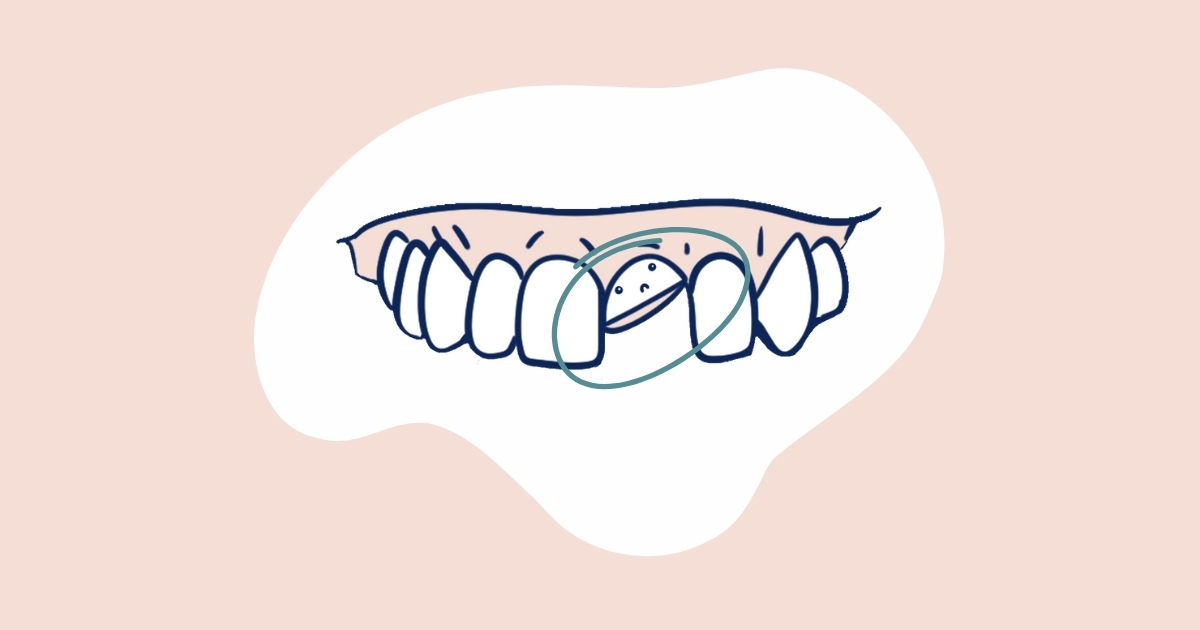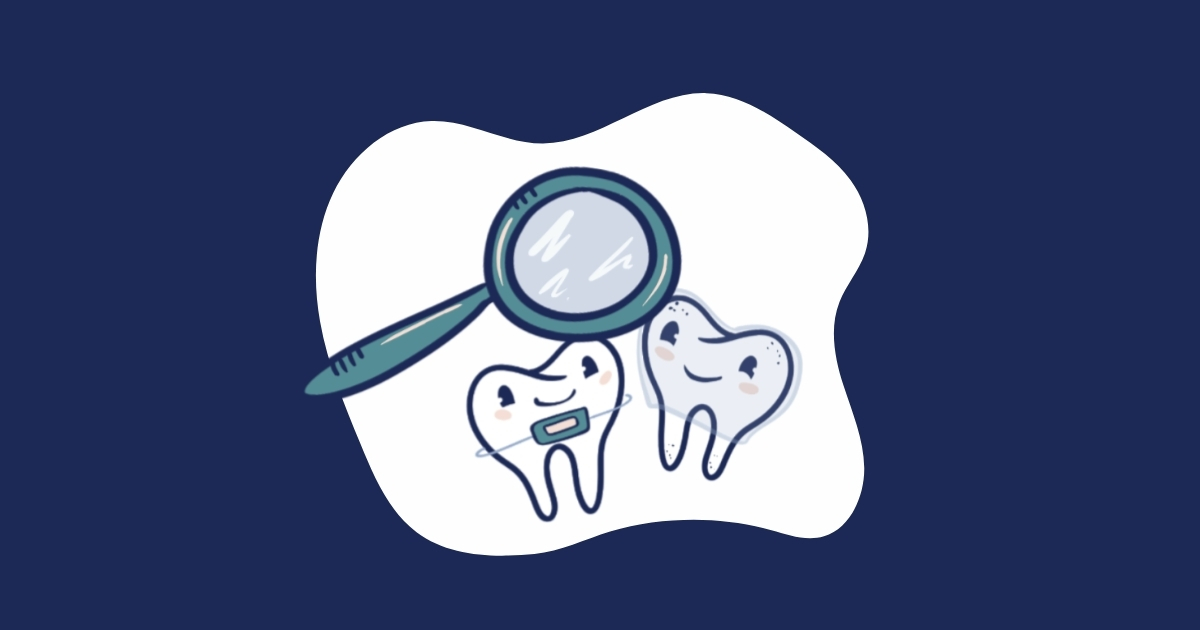Therapy dogs help people cope with difficult emotions and conditions that are beyond their control.
They undergo training and earn certifications to help people collect themselves in moments of distress. Scientists are proving that therapy dogs reduce stress in patients of aging populations, pediatric care patients, and those with dental anxiety.
Aging Populations
Many studies have shown that there is a link between stress reduction in older patients and pet therapy. For example, in patients that suffer from dementia, dogs can assist in their stress responses. Moreover, ongoing studies show that they reduce hypertension, stress, depression, and anxiety associated with new situations.
Patients with severe dementia can become irritated very easily. However, therapy dogs have been found to help reduce agitation and the depression and anxiety associated with it. For instance, individuals with behavioral problems related with severe dementia showed stabilization of agitation and depression after animal interventions. On the other hand, those who received traditional treatment had increased agitation and depression over time.
Pediatric care
Sometimes children can be unpredictable! A dentist’s office can be scary for children because of the unfamiliar environment. Therapy dogs seem to make all of these worries melt away for children.
For example, the presence of a dog during a routine blood draw reduced cortisol levels in children – which indicates reduced stress. Although cortisol levels vary at different times of the day, the presence of a therapy dog seemed to make a positive difference.
In short, contact with a therapy dog during an appointment provides a meaningful experience for children. As a result, children carry that positive experience with them into adulthood and be encouraged to maintain their dental health!
Therapy dogs and dental anxiety
Up to 80% of American adults suffer from some sort of dental anxiety. Therapy animals could be just what the doctor ordered for patients with severe dental anxiety, while providing an alternative to sedation dentistry.
Above all, therapy dogs help anxiety by just being present. Sleeping in their lap while they undergo their procedure or petting the dog in moments of discomfort eases tension. As a result, the patient has a more positive experience at the dentist, and is more likely to visit regularly and avoid major and painful procedures in the future.
Scientists are constantly diving into research to figure out how animals can be used in medical situations and how they can help patients with anxiety.
If you can relate to any of the categories above – then consider a visit with Fender, the therapy dog at Bass Dentistry, and let him, Dr. Bass, and her team take care of you.





